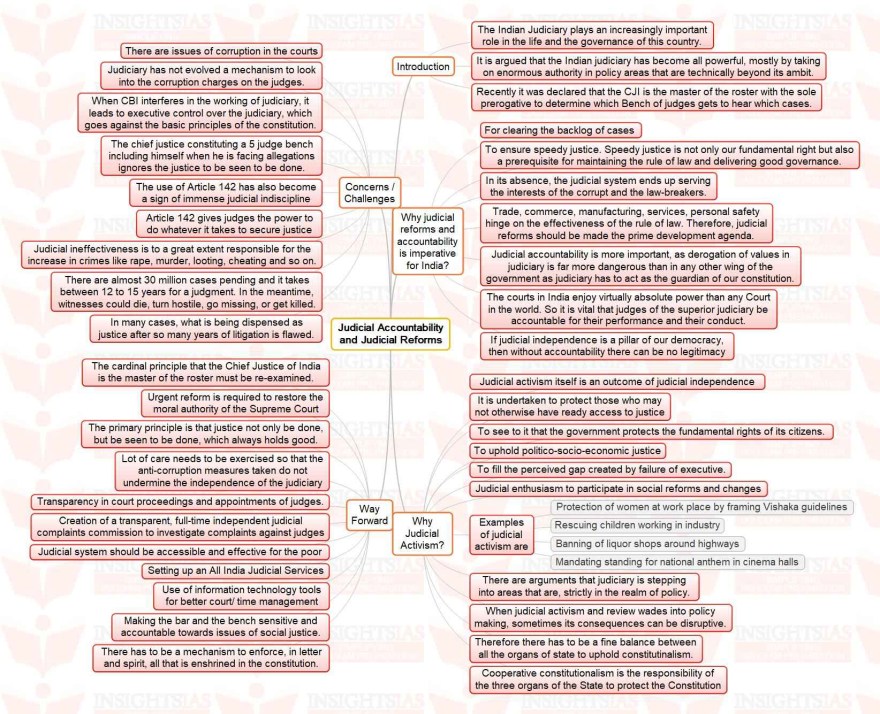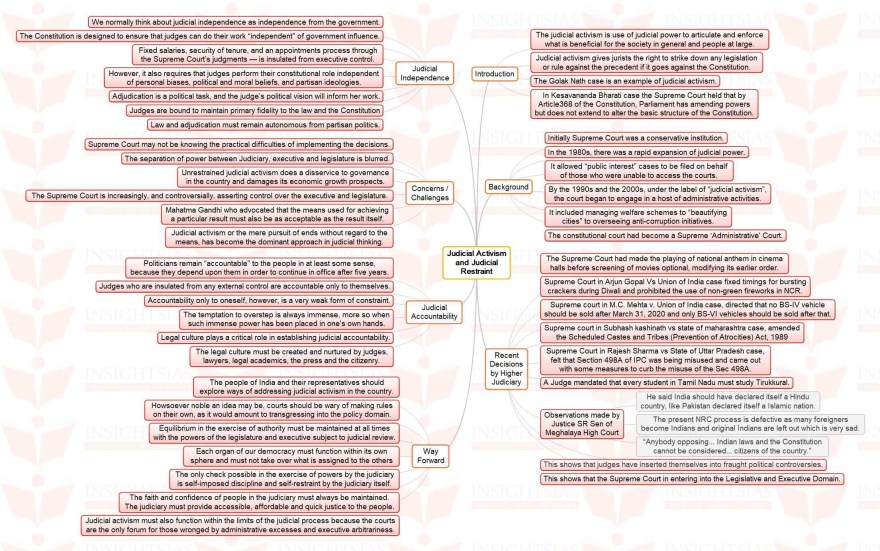Unlocking The Power Of Judicial Review: Gaining Insights From India’s Legal Landscape
Judicial Review Insights of India: Unraveling the Legal Landscape
Welcome to my blog, where I bring to you the intriguing world of judicial review insights of India. In this article, I will take you on a journey through the what, who, when, where, why, and how of this fascinating topic. So grab a cup of coffee, sit back, and immerse yourself in the legal landscape of India.
What is Judicial Review?
Before diving into the insights, let’s understand what judicial review entails. In simple terms, it refers to the power of the judiciary to review the actions of the legislative and executive branches of government. It serves as a check and balance mechanism, ensuring that the laws and actions of the government align with the constitution.
2 Picture Gallery: Unlocking The Power Of Judicial Review: Gaining Insights From India’s Legal Landscape


Who Conducts Judicial Review in India?
In India, the power of judicial review is vested in the Supreme Court and High Courts. These courts have the jurisdiction to interpret the constitution and strike down any laws that violate its provisions. The judges, appointed based on their expertise and experience, play a crucial role in safeguarding the constitutionality of laws.
When and Where Does Judicial Review Take Place?

Image Source: insightsonindia.com
Judicial review is an ongoing process in India. It takes place whenever a case is brought before the courts that involves a constitutional issue. The Supreme Court and High Courts have the authority to hear such cases and provide judgements based on their interpretation of the constitution. These courts are spread across various cities in India, ensuring access to justice for all.
Why is Judicial Review Important?
Judicial review plays a vital role in upholding the principles of democracy and protecting individual rights. It acts as a safeguard against any unconstitutional measures taken by the government, ensuring that the rule of law is upheld. By providing a platform for citizens to challenge laws, it promotes transparency, accountability, and fairness in the functioning of the government.
How Does Judicial Review Work?
When a case involving a constitutional issue is brought before the courts, the judges analyze the provisions of the constitution and the relevant laws. They assess whether the laws in question adhere to the principles and rights enshrined in the constitution. Based on their interpretation, they either uphold the law or declare it unconstitutional.
Frequently Asked Questions about Judicial Review in India

Image Source: insightsonindia.com
Q: Can any citizen challenge a law through judicial review?
A: Yes, any citizen can approach the courts to challenge a law if they believe it violates their constitutional rights.
Q: What is the significance of judicial review in safeguarding fundamental rights?
A: Judicial review ensures that the government does not infringe upon the fundamental rights of citizens as guaranteed by the constitution.
Q: Are the decisions of the Supreme Court and High Courts final?
A: The decisions of these courts can be appealed in certain cases, providing a mechanism for further review.
Understanding the Scope and Impact of Judicial Review
The scope of judicial review in India extends to a wide range of areas, including but not limited to civil rights, constitutional amendments, administrative decisions, and legislative acts. This power is aimed at maintaining the delicate balance between the three branches of government and safeguarding the rights of the citizens.
One of the prime examples of judicial review in India is the Kesavananda Bharati case. In this landmark judgement, the Supreme Court declared that the power of the Parliament to amend the constitution was not unlimited. This decision had far-reaching implications, ensuring that the basic structure and principles of the constitution could not be tampered with.
The Pros and Cons of Judicial Review
Like any other institution, judicial review in India has its pros and cons. On the positive side, it acts as a safeguard against arbitrary laws and executive actions. It ensures that the government remains accountable and upholds the principles of the constitution. However, critics argue that judicial activism can lead to judicial overreach, encroaching upon the domain of the legislative and executive branches.
Conclusion: A Glimpse into the Legal Landscape
Exploring the judicial review insights of India has been a fascinating journey. The power vested in the judiciary to interpret and review laws is essential for upholding the principles of democracy, protecting individual rights, and maintaining the balance of power. The decisions made by the courts have far-reaching implications, shaping the legal landscape of the country. As citizens, it is important for us to be aware of these insights and actively participate in the democratic process. I highly recommend delving deeper into this topic and gaining further insights into the functioning of the Indian legal system.
So, until next time, keep exploring and stay curious!
This post topic: Business Law

